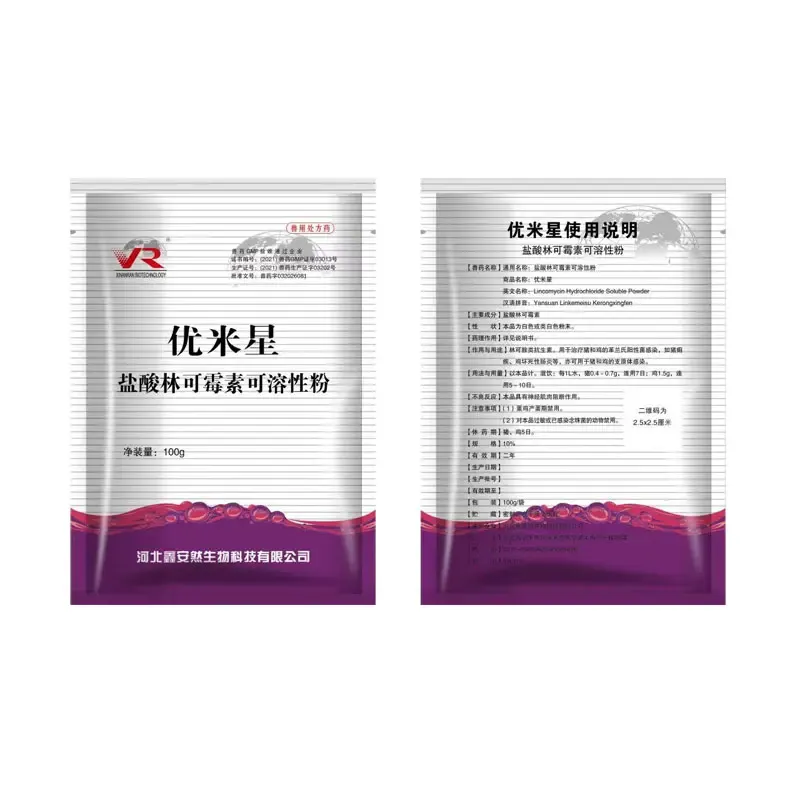- Afrikaans
- Albanian
- Amharic
- Arabic
- Armenian
- Azerbaijani
- Basque
- Belarusian
- Bengali
- Bosnian
- Bulgarian
- Catalan
- Cebuano
- Corsican
- Croatian
- Czech
- Danish
- Dutch
- English
- Esperanto
- Estonian
- Finnish
- French
- Frisian
- Galician
- Georgian
- German
- Greek
- Gujarati
- Haitian Creole
- hausa
- hawaiian
- Hebrew
- Hindi
- Miao
- Hungarian
- Icelandic
- igbo
- Indonesian
- irish
- Italian
- Japanese
- Javanese
- Kannada
- kazakh
- Khmer
- Rwandese
- Korean
- Kurdish
- Kyrgyz
- Lao
- Latin
- Latvian
- Lithuanian
- Luxembourgish
- Macedonian
- Malgashi
- Malay
- Malayalam
- Maltese
- Maori
- Marathi
- Mongolian
- Myanmar
- Nepali
- Norwegian
- Norwegian
- Occitan
- Pashto
- Persian
- Polish
- Portuguese
- Punjabi
- Romanian
- Russian
- Samoan
- Scottish Gaelic
- Serbian
- Sesotho
- Shona
- Sindhi
- Sinhala
- Slovak
- Slovenian
- Somali
- Spanish
- Sundanese
- Swahili
- Swedish
- Tagalog
- Tajik
- Tamil
- Tatar
- Telugu
- Thai
- Turkish
- Turkmen
- Ukrainian
- Urdu
- Uighur
- Uzbek
- Vietnamese
- Welsh
- Bantu
- Yiddish
- Yoruba
- Zulu
10 月 . 08, 2024 21:41 Back to list
Injection of Ivermectin for Cattle Usage and Benefits in Veterinary Care
Ivermectin Injection for Cattle A Comprehensive Overview
Ivermectin has become a cornerstone in veterinary medicine, especially in the cattle industry, recognized for its efficacy in controlling a broad spectrum of parasitic infections. This antiparasitic agent belongs to the avermectin class of drugs and is widely used in livestock management due to its profound impact on animal health and productivity.
Mechanism of Action
Ivermectin works by binding to glutamate-gated chloride channels in the nerves and muscles of parasites. This interaction leads to the paralysis and death of the parasites, thereby reducing their population within the host animal. Ivermectin is particularly effective against various nematodes (roundworms), arthropods (such as lice and ticks), and some external parasites. Due to its effective mode of action, it is a preferred treatment option in controlling infestations and infections that might otherwise impact cattle health.
Indications for Use
The primary indications for ivermectin injection in cattle include the treatment and prevention of infestations caused by various parasites. Common targets include
1. Gastrointestinal Nematodes These parasites are notorious for causing weight loss, poor feed conversion, and lower milk production in cattle. Ivermectin is effective against many of these, helping to maintain optimal growth rates and overall health.
2. Lungworms Another significant concern, lungworms can lead to severe respiratory issues in cattle. Ivermectin efficiently manages these infections, promoting better respiratory function.
3. Ectoparasites This includes lice and mange mites that can cause skin irritations and secondary infections. The application of ivermectin not only eliminates these pests but also enhances the overall well-being of the animals.
ivermectin injection for cattle

4. Other Parasites Ivermectin is also effective against various other internal and external parasites, making it a versatile tool in a herd health program.
Administration
Ivermectin can be administered through various routes, including subcutaneous injections, which are the most common in cattle. The dosage and frequency depend on the specific needs of the herd, the severity of parasitic infestation, and the veterinary recommendations. Ensuring proper administration is crucial to achieving effective results and minimizing the likelihood of resistance development.
Resistance Concerns
Like any antiparasitic treatment, the widespread use of ivermectin has raised concerns regarding the development of drug resistance among parasites. To mitigate this issue, it's essential to adopt integrated parasite management strategies. Rotating between different classes of antiparasitic drugs, implementing pasture management practices, and regular monitoring of herd health can help reduce the incidence of resistance.
Safety and Efficacy
Ivermectin is generally considered safe for use in cattle, with a favorable side effect profile when administered correctly. As with any medication, adherence to recommended dosages is crucial to ensure animal safety and efficacy of treatment. Furthermore, it’s important to observe withdrawal times for meat and milk production to adhere to regulatory standards and ensure consumer safety.
Conclusion
The use of ivermectin injection in cattle is a vital component of modern livestock management and health protocols. Its effectiveness in controlling parasitic infections not only improves the welfare of cattle but also enhances productivity and profitability for farmers. As the approach to parasite management evolves, maintaining awareness of resistance and incorporating sustainable practices will be essential in ensuring the continued success of ivermectin and other antiparasitics in livestock care. Integrating these strategies will help safeguard cattle health, enhance agricultural sustainability, and support overall food security.
-
The Power of Radix Isatidis Extract for Your Health and Wellness
NewsOct.29,2024
-
Neomycin Sulfate Soluble Powder: A Versatile Solution for Pet Health
NewsOct.29,2024
-
Lincomycin Hydrochloride Soluble Powder – The Essential Solution
NewsOct.29,2024
-
Garamycin Gentamicin Sulfate for Effective Infection Control
NewsOct.29,2024
-
Doxycycline Hyclate Soluble Powder: Your Antibiotic Needs
NewsOct.29,2024
-
Tilmicosin Premix: The Ultimate Solution for Poultry Health
NewsOct.29,2024













